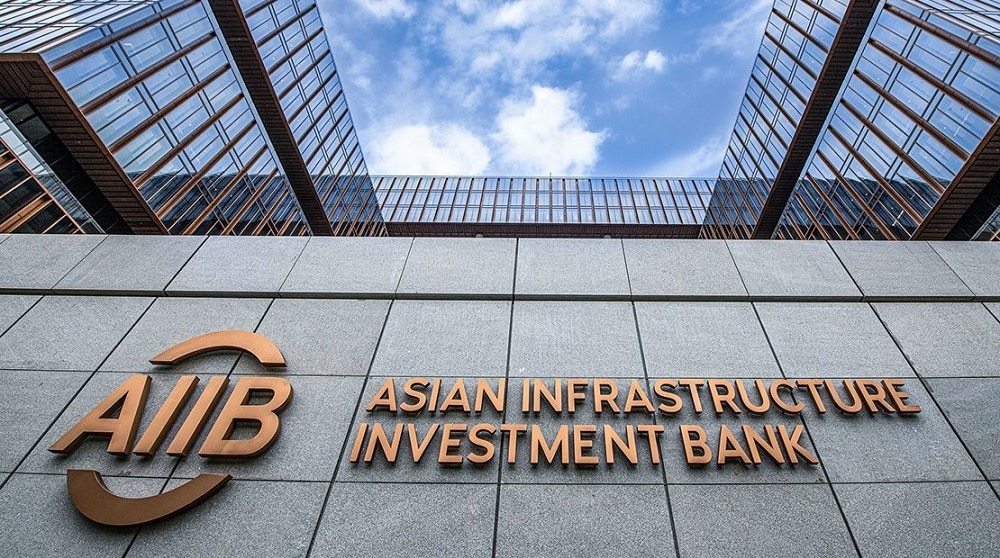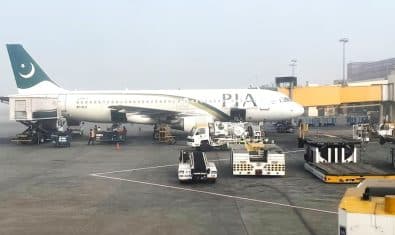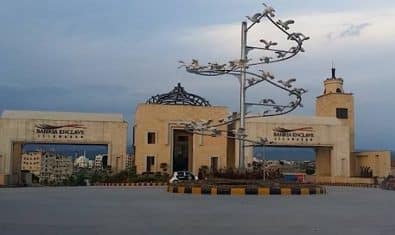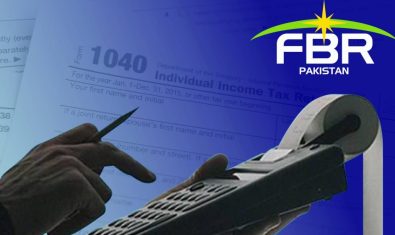Asian Infrastructure Investment Bank (AIIB) has approved $250 million under the Second Resilient Institutions for Sustainable Economy (RISE-II) development policy financing.
This follows the World Bank’s recent approval of $350 million for the second phase of the RISE project.
The RISE-II initiative, co-financed by AIIB and the World Bank, falls under the Covid-19 Crisis Recovery Facility of AIIB and is structured as a development policy financing (DPF) project.
The funding aims to facilitate key institutional and policy reforms to strengthen the foundations for sustainable economic growth.
RISE-I, co-financed by AIIB and the World Bank in 2020, marked the inception of the proposed programmatic series, assisting the Pakistani government in enhancing policies for improved macroeconomic management and business competitiveness.
The primary objectives of the RISE-II programmatic operation are to fortify macroeconomic management and foster sustained and inclusive growth.
This involves addressing the compounded socioeconomic impacts of the COVID-19 pandemic and other external and domestic shocks.
The approved operation will provide external financing to support critical policy reforms, expediting economic recovery.
Specifically, RISE-II aims to tackle institutional and policy constraints related to effective fiscal management and private-sector investments.
The key focus areas include enhancing fiscal policy coordination, improving debt management and transparency, broadening the tax base, reducing distortions in tax policy, addressing circular debt in the power sector, and rationalizing power subsidies.
The programmatic series has already contributed to strengthening institutions for fiscal and debt management, expanding the tax base, eliminating trade barriers, and rationalizing power sector subsidies.
The AIIB document outlines that the reform pillars will enhance macroeconomic stability, fiscal management, regulatory frameworks, and competitiveness.
Under the first pillar, reforms target improvements in fiscal policy coordination, debt management, tax policy, circular debt reduction in the power sector, and sustainable power subsidies.
The second pillar focuses on regulatory enhancements, including general sales tax harmonization, financial sector transparency, digital payment promotion, and reduction of anti-export bias in the National Tariff Policy.
The World Bank’s DPF policy mandates an assessment of potential social, poverty, and environmental consequences of the supported policies. In this case, the World Bank has determined that the policy and institutional reforms associated with RISE-II are unlikely to have significant adverse impacts on poverty and social aspects.
The policy reforms are anticipated to have positive environmental impacts by allocating budgetary resources to environmental management and contributing to climate change mitigation and adaptation.





















